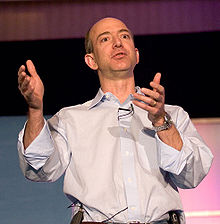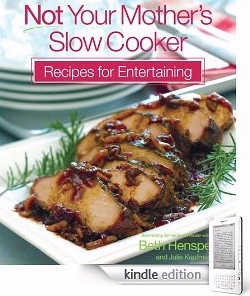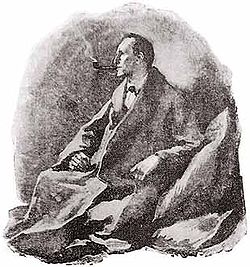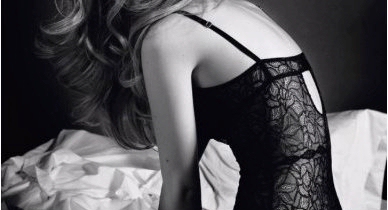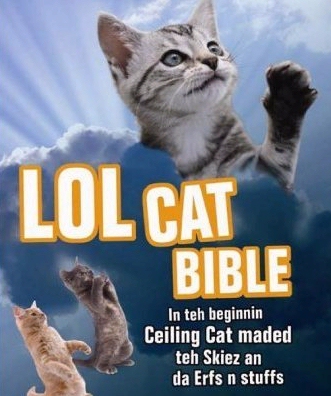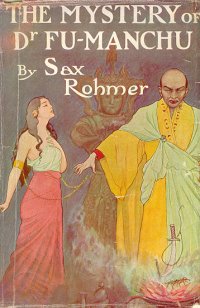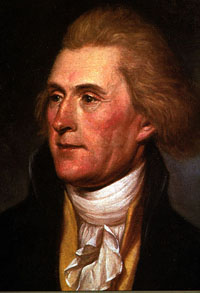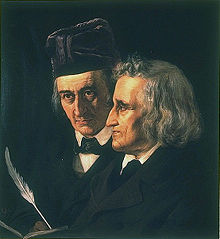
If you want to buy Amazon’s new $139 Kindle, click here!
Amazon lowered the price for the Kindle Wednesday — for a newer model with only Wi-Fi access to the Kindle store (and with only Wi-Fi surfing when using the Kindle’s web browser). All the other Kindle models still have their built-in access to the online world, so they’re always ready to surf the web and shop for books — anywhere and any time. But this new Kindle has other advantages — like running for up to one month on a single battery charge. And it weighs just 8.5 ounces — “less than a paperback,” Amazon argues — making it 17% lighter than even the smallest of the original Kindles.
There’s also twice as much storage space — holding up to 3,500 books — and Amazon promises the new screens can display pages 20% faster, and offer “50% better contrast than any other e-reader.” But best of all, this settles any question about whether Amazon might give up on selling the Kindle, and focus solely on selling ebooks. “The hardware business for us has been so successful that we’re going to continue,” Amazon’s CEO told the New York Times.
Wednesday they’d contacted Jeff Bezos at Amazon headquarters, and heard his strong commitment to continuing Kindle sales. “I predict there will be a 10th-generation and a 20th-generation Kindle,” Bezos announced. “We’re well-situated to be experts in purpose-built reading devices.” And while touting the lower price, he also found a way to highlight the fact that — unlike the iPad — the Kindle is perfect for reading outdoors. “At $139, if you’re going to read by the pool, some people might spend more than that on a swimsuit and sunglasses…”
I think Amazon will also attract people who are curious about the Kindle, but don’t want to risk a lot of money. (In a few months, the prices should drop even lower if you’re purchasing a wi-fi Kindle that’s used or refurbished.) And of course, it will make a perfect birthday gift. (I wonder if you can purchase it pre-loaded with gift books!) In fact, Amazon is already describing the Kindle as “the most-wished-for, most-gifted” item in their vast online store, and they’ve revealed that the Kindle “has the most 5-star reviews of any product on Amazon.”
But hearing the news today, I’d remembered a blog post I read in June. “Don’t worry about touchscreens or color or even always available internet to download new books,” argued marketing guru Seth Godin. “Make a $49 Kindle. Not so hard if you use available wi-fi and simplify the device…” Amazon may not have lowered their prices to $49, but they definitely swapped in the cheaper Wi-fi connectivity, and the lower prices should attract even more readers to the Kindle.
In fact, there’s fierce competition now in the market for digital readers, and the Kindle’s survival might depend on how cheap they can get! “You either become the best and only platform for consuming books worth buying or you fail,” argues Godin’s blog post. “And the only way to create that footprint in the face of an iPad is to make it so cheap to buy and use it’s irresistible. I saw a two-year old kid (in diapers, in a stroller), using an iPod Touch today. Not just looking at it, but browsing menus and interacting. This is a revolution, guys.”
But as every age group starts to embrace the arrival of electronic readers, Amazon is still fighting hard to be perceived as the best deal in town.
Interested? If you want to buy Amazon’s new $139 Kindle, click here!
